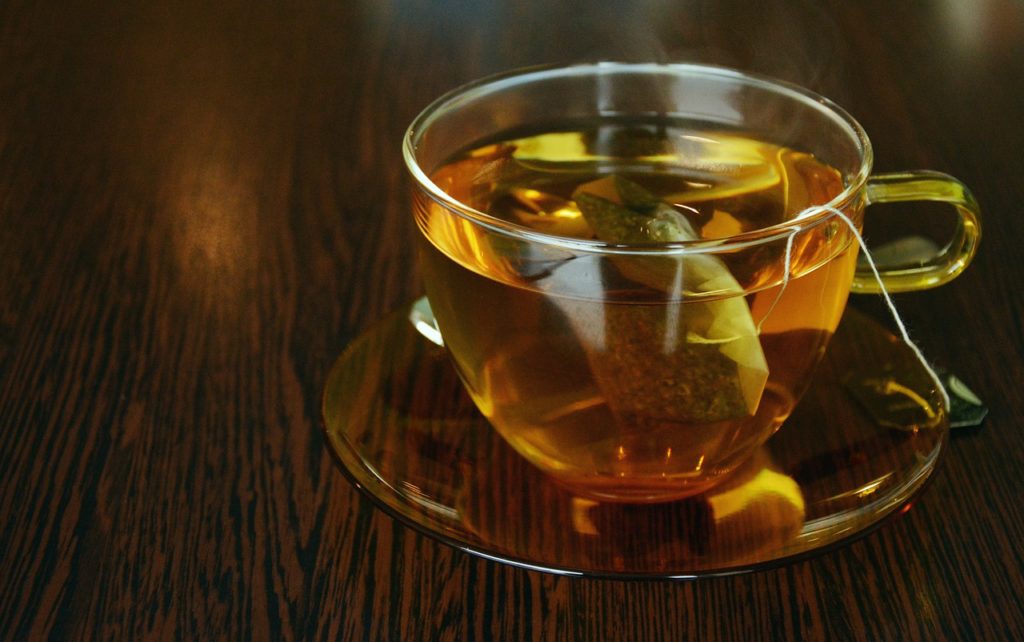In the Ayurvedice system, one adjusts food, exercise, and self care regimens to the seasons as well as to personal body types. As winter approaches, we enter Vata Season. Here from Yoga International are some tips to thriving in Vata’s time:
Vata Season
Leaf-scuttling winds mark the start of vata season, which ayurveda characterizes as light, dry, rough, hard, mobile, irregular, cool—the very qualities we associate with late fall and early winter. The weather turns cold, winds blow, and the earth becomes dry, hard, rough—maybe even a bit icy. Vata is the queen of change, so you’ll need to watch out for dry skin, irregular digestion, and the frenetic, unpredictable energy of the “holi-daze,” which can easily leave you depleted, overwhelmed, and distracted by all the excitement. Here’s what you can do:
Stay away from raw, cold foods.
Take extra care to keep your internal fire (agni) kindled. Eat warm, moist foods—think stews, soups, and root veggies—and save the salads and cold snacks for summer.
 Warm up with hot drinks.
Warm up with hot drinks.
Cozy up to a warm fire or snuggle up with a good book, a cup of chai or hot tea, and a warm blanket. Warm milk laced with ghee and honey is a perfect nighttime elixir.
Stick to a routine.
Make sure you do agni sara every day, as well as schedule some alone time, restorative yoga, and meditation practices. Other daily ayurvedic practices (dinacharya)—including abyhanga, oiling the body with warming sesame oil—will help you stay steady and feel comforted.
Kapha Season
Kapha season extends from frigid winter days, when the ground freezes solid, to mud-luscious early spring, when the snow melts, the sap rises, and the first tentative shoots break through the ground. These conditions disturb kapha dosha’s heavy, dense, wet, gooey, stable, cool qualities. To pacify kapha during the early part of this season:
Switch up your diet.
Turn to foods that are lighter, drier, pungent, and warming. As soon as they’re available, eat the first bounty of the season—sprouts, berries, dandelion and other spring greens—which naturally support this time of cleansing. And stick to three meals a day to avoid overindulging.
 Get moving.
Get moving.
Do things that get you up and out of the house—early. Get up before kapha time (6 a.m. to 10 a.m.), and get in some exercise—bike riding, walking, or other light aerobic activity—before 10 a.m. This schedule will help you fend off seasonal weight gain.
Commit to a routine.
Daily use of your tongue scraper, neti pot, and nasya oil will help with seasonal allergies and keep kapha from building.

